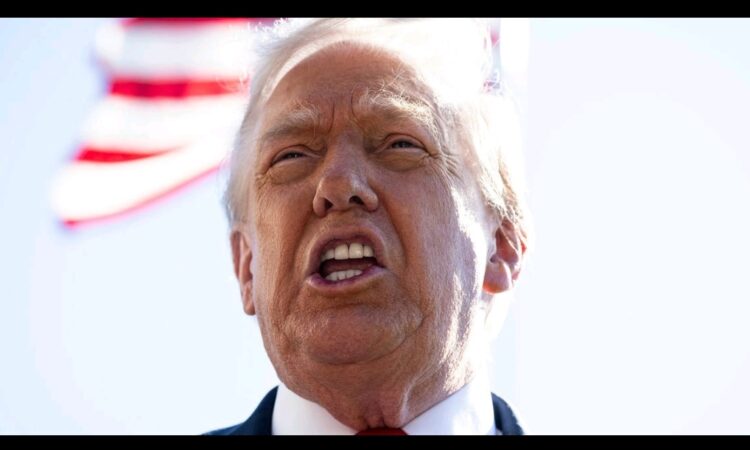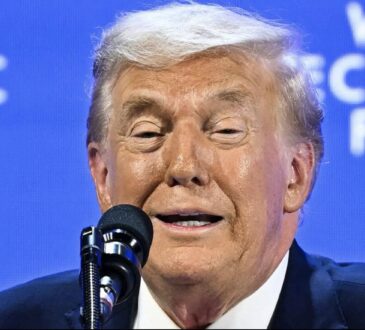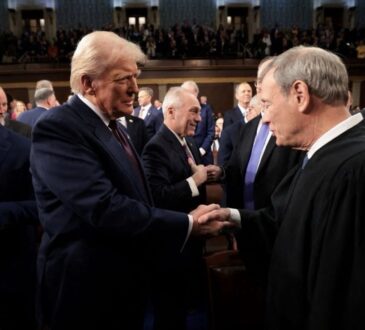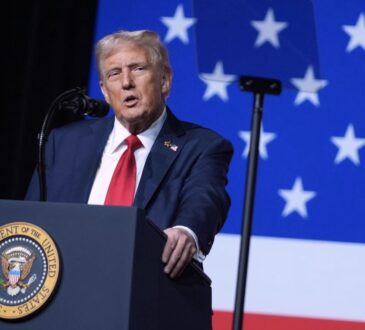
President Donald Trump once again seemed confused about math when talking about the cost of prescription drugs. During a speech on Thursday, he announced a new plan to lower the price of fertility treatments, known as IVF, and while explaining it, he made a claim that immediately caught people’s attention. He proudly said that drug prices were falling by “500, 600, 800 percent,” and even admitted that it sounded “hard to believe.” It didn’t take long for people to point out that it was not just hard to believe — it was impossible.
When someone says a price has been reduced by 100 percent, that means the item is completely free. Anything more than that, like 500 or 800 percent, would mean companies are paying customers to take the product. In other words, the drug companies would have to hand out money to people who pick up their prescriptions, which obviously isn’t happening. Despite this, Trump repeated the same claim again a few minutes later, as if to drive the point home. It wasn’t the first time he had made such exaggerated claims. Back in July, he said he was lowering drug prices by “1,000%, 600%, 500%, even 1,500%,” and described those numbers as something “not even thought to be achievable.”
While his numbers don’t make any mathematical sense, the actual policy he was talking about is real. The plan aims to lower the cost of certain IVF drugs, which are often not covered by insurance and can be extremely expensive for couples trying to have children. According to CNBC, Americans pay up to 271 percent more for IVF treatments than people in other countries. Starting in January, the cost of some medications made by Merck will drop by about 84 percent. In exchange for agreeing to cut prices, Merck will receive protection from Trump’s trade tariffs, Reuters reported. This could save some families thousands of dollars, a real and welcome change for people struggling with fertility costs.
However, what made headlines was not the plan itself but Trump’s wild exaggeration. His critics quickly filled social media with jokes, disbelief, and sarcastic comments. Economist Dean Baker said that it really *was* hard to believe — both that Trump claimed such drastic price cuts and that no one around him has explained basic percentages. Others said that people in his administration likely know how math works but are too afraid to correct him because they don’t want to lose their jobs.
Twitter (now X) was flooded with mocking comments. One person joked that if prices had dropped by 800 percent, pharmacies should now be handing out free medicine along with bags of cash. Another wrote that in “Trump’s America,” big pharmaceutical companies apparently owe people money just for being sick. Someone else said that maybe this means if you buy a $100 drug, the pharmacy will give you $800 instead. Many others kept it simple, pointing out that what he said is not just untrue, but mathematically impossible.
People also commented that Trump has a long history of saying things that sound impressive but don’t add up when you look closely. They said he often uses big, exaggerated numbers to make his achievements seem larger than life, even when the facts don’t match his words. Others criticized his team for letting these statements go unchecked, arguing that no one close to him seems willing to explain that you can’t reduce something by more than 100 percent.
Even though the program he announced could bring some real benefits, his habit of exaggerating overshadowed the actual policy. Instead of people focusing on how the plan could lower costs for families, the conversation turned into a debate — and a joke — about his poor understanding of basic math. What could have been a serious discussion about health care and affordability turned into yet another moment that made Trump the target of ridicule online.
By the end of the day, social media was filled with memes and jokes, all making fun of the idea that Americans could somehow be *paid* to buy medicine. The humor reflected a larger frustration many people have had for years — that the president often makes statements that sound confident but fall apart under the simplest kind of scrutiny. While the new IVF policy may offer real help to some families, Trump’s exaggerated numbers once again distracted from his own announcement, leaving people talking less about the policy and more about his ongoing struggle with basic arithmetic.




